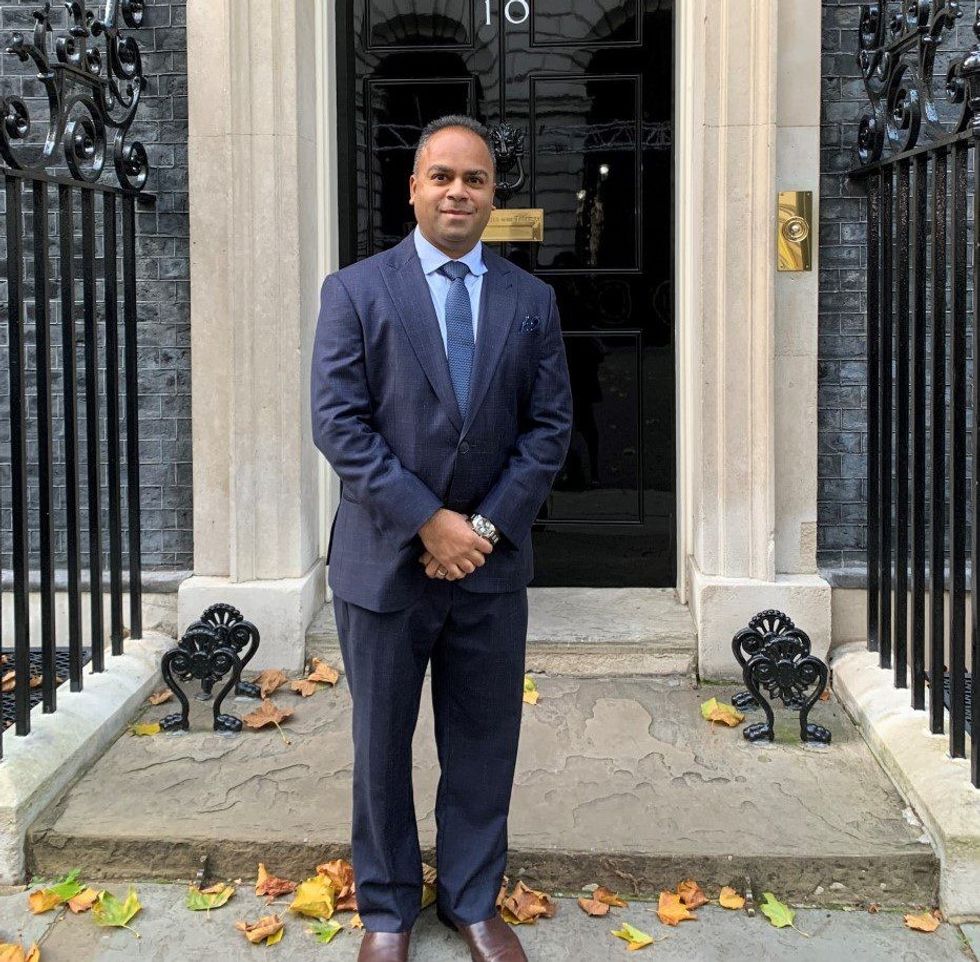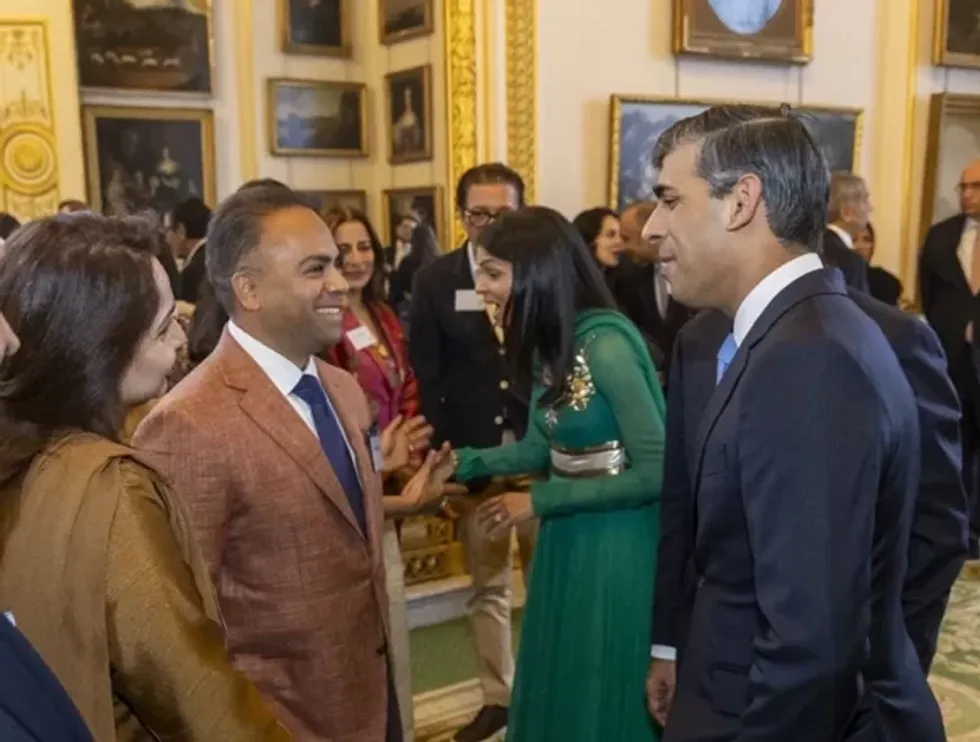LIKE millions across the country, I have been closely observing this general election, which comes at an important crossroads in our country’s future.
The COVID-19 pandemic, the war in Ukraine, and a cost-of-living crisis have impacted us all, and it has never been more important to look forward to our future with optimism. This election is our opportunity to do so.
I am pleased to see the discussion around housing being a live issue during the election so far. Homeownership is vital to developing a society in which everyone has an active stake, and there is a consensus that more homes need to be built. Labour has recently unveiled its ‘Freedom to Buy’ scheme and pledged to build 1.5 million new homes. The Conservative Party’s manifesto states that they will create a £1 billion scheme which will enable first-time buyers to buy a home with a 5 per cent deposit. In addition to this, the manifesto also includes the removal of stamp duty on houses up to the value of £425,000.
I have personally spoken to the Prime Minister about the importance of helping Britain’s first-time buyers in the property market through this policy, and I am pleased to see it form part of the plan for the next government. As a leader in the property development sector, Westcombe has always been actively engaged in making sure that the British housing sector is as healthy and accessible as possible. We understand how important it is we reform the planning system to make it easier to build the houses that our society needs.

Our economy is still recovering from the aftermath of repeated lockdowns during the COVID-19 pandemic, which left millions without work. Britain’s future relies on making sure that we have as many people in the workforce as possible, and I have been pleased to see that job creation has been a constant theme throughout the election so far. With the employment rate gradually improving since the pandemic, we can have reason to be optimistic. We can continue to look forward to a stronger economy with inflation at its lowest since September 2021.
The Conservative manifesto includes a number of pledges, including another 2p off employee national insurance, which is expected to equal £1,350 for the average worker earning £35,000 and the creation of a Small Businesses Commissioner, which will help small and medium-sized enterprises struggling with cash flow.
The war in Ukraine had serious repercussions on British energy prices, and I have been saddened to hear stories of fellow citizens being unable to pay their energy bills. We were fortunate to have help through the Energy Bills Support Scheme, which helped shield households from severe price increases and gave them a £400 discount.

We also saw the introduction of the Energy Act in October, which incentivises the energy industry to invest in low-carbon heat pumps. This could potentially help households save £5.6 billion by 2028, coupled with a manifesto commitment to investing £1.1 billion into the Green Industries Accelerator to support and ensure Britain’s energy transition. The Labour Party has also unveiled its plan to create Great British Energy with the help of a time-limited windfall tax on oil and gas giants, which will aim to alleviate the pressures caused by energy bills.
The country is at a critical juncture, and it is important that whoever forms the next government continues to lead the UK with confidence.
(The author is the CEO of Westcombe Group)




'Britain's future relies on the people in the workforce'
The property development leader analyses the Conservative and Labour manifestos